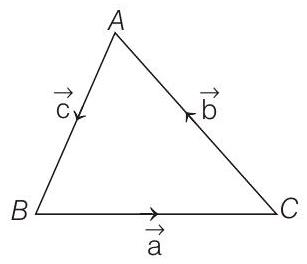Vectors 2 Question 10
10. If the vectors
(2000, 2M)
(a)
(b)
(c)
(d)
Show Answer
Answer:
Correct Answer: 10. (a)
Solution:
- By triangle law,

Taking cross product by






